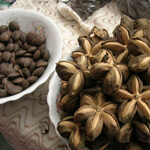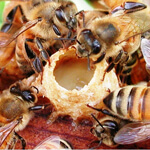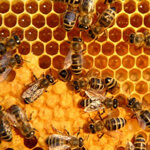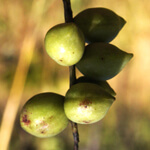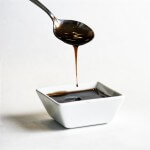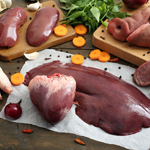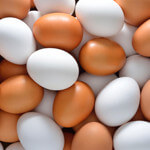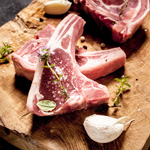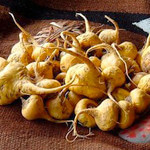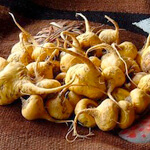
You have to hand it to South America: that part of the world produces an impressive number of nutritious foods. The vitamin C-rich camu camu, the sweet and juicy mangosteen, the antioxidant-packed acai berry… all of them are native to that fertile continent. If there’s one South American food that stands head and shoulders above the rest in the health department, however, it’s Peruvian Ginseng – or, as it’s more commonly known, maca. Native to…


